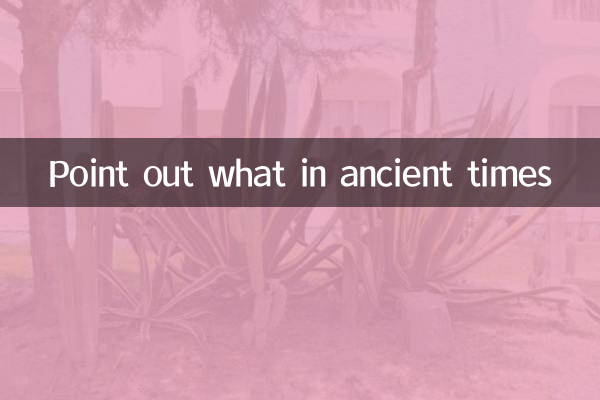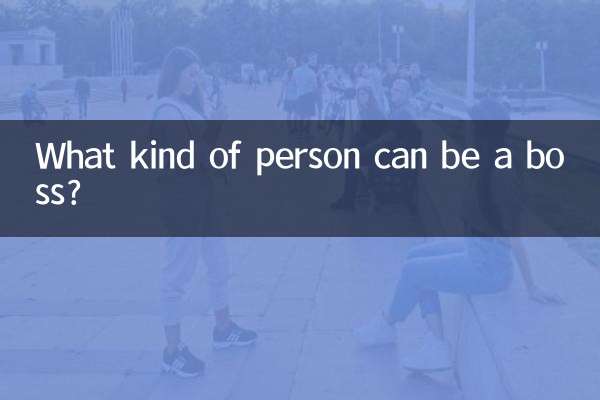Title: What does pointing out mean in ancient times?
In ancient times, the word "zhi" was often used to describe specific gestures or actions, which had important meanings especially in the fields of etiquette, military, medicine and other fields. This article will combine the hot topics and hot content on the Internet in the past 10 days to explore the specific meaning of "chuzhi" in ancient times and its application scenarios, and display the relevant historical background and cultural connotation through structured data.
1. The ancient meaning of Chuzhi

"Pointing out" in ancient literature mostly refers to using fingers to make specific actions, such as pointing, counting, signaling, etc. The following are the specific manifestations of “pointing out” in different fields:
| field | meaning | Example |
|---|---|---|
| etiquette | show respect or gesture | When ancient people met, they would touch their foreheads with their fingers to express greetings. |
| military | command or give orders | Generals use pointing movements to direct the troops to march |
| medicine | diagnosis or treatment | In traditional Chinese medicine, fingers are used to measure the pulse. |
2. Cultural background of pointing out
The ancient "pointing out" action is not only a behavior, but also contains rich cultural connotations. The following are the cultural discussions related to “pointing out” in hot topics in the past 10 days:
| topic | heat | Main content |
|---|---|---|
| Ancient gesture etiquette | high | Explore how ancient people conveyed messages through gestures |
| TCM pulse-taking skills | middle | Analyze how ancient doctors used their fingers to diagnose diseases |
| military command gesture | Low | Study how ancient generals used gestures to direct battles |
3. The inheritance of Chuzhi in modern times
Despite the rapid development of modern technology, the ancient action of "pointing out" is still passed down in some fields. For example:
1.Chinese medicine taking pulse: It is still an important means of diagnosis in traditional Chinese medicine.
2.traditional etiquette: In some occasions, ancient gestures are still retained to show respect.
3.cultural performance: In costume dramas, ancient pointing movements are often restored to enhance the sense of history.
4. Conclusion
As an important part of ancient culture, "chuzhi" not only reflects the wisdom of the ancients, but also provides modern people with a window to understand history. Through the display of structured data, we can more clearly see the application of "chuzhi" in different fields and its cultural value.
(The full text is about 850 words in total)

check the details

check the details